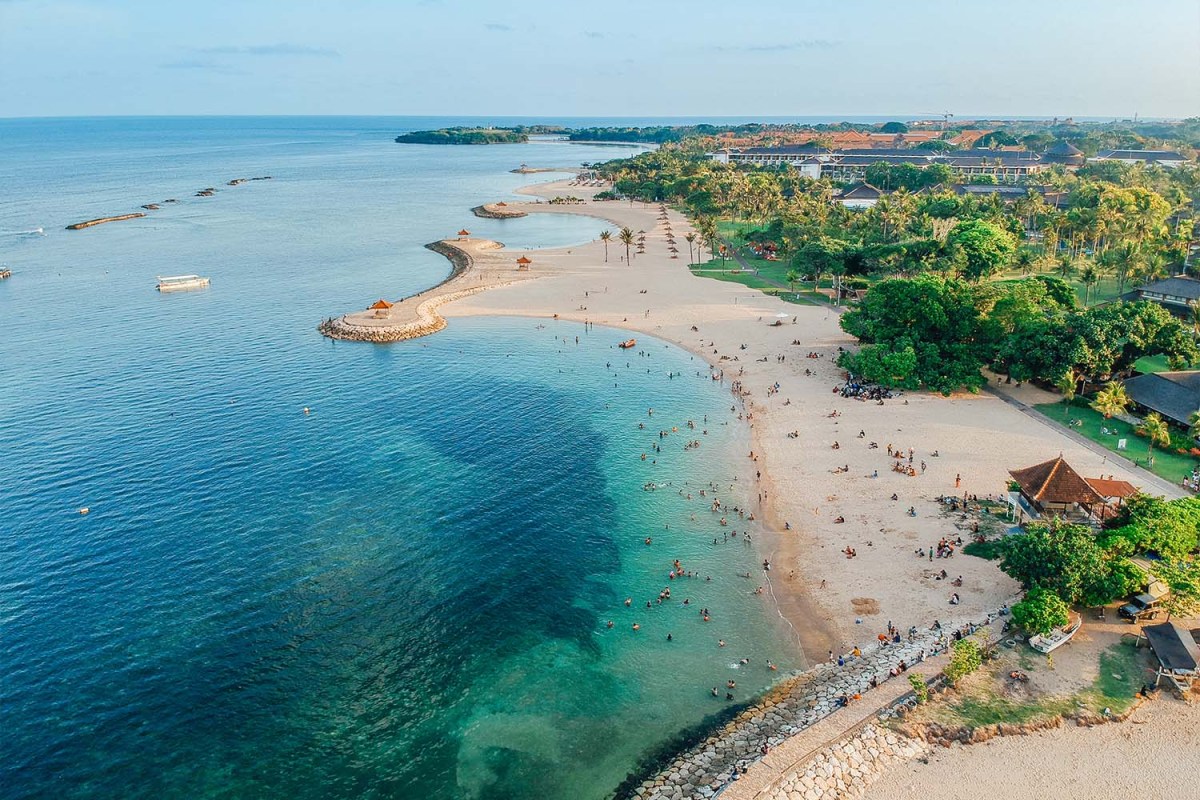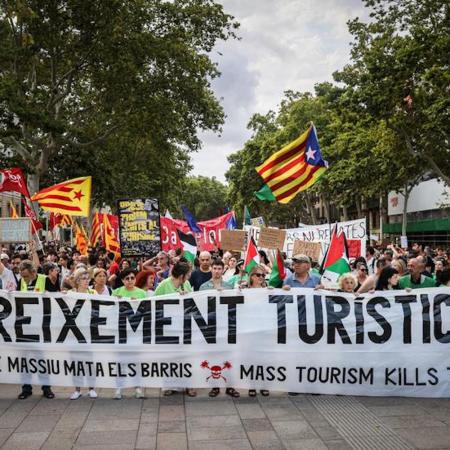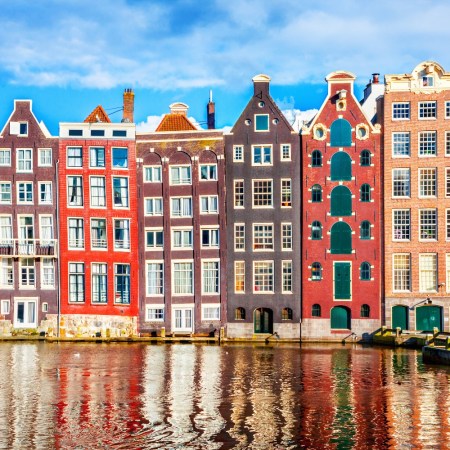Free flights, cash allowances and one masterclass on happiness. These are a just a few of the most recent marketing ploys cooked up by tourism boards to drive visitation to their respective countries and cities. But what is a tourism board to do when their destination has more tourists than they know what to do with? And those tourists are also assholes? That’s more or less the situation in Bali right now, with tensions between native Indonesians and foreign visitors at an all-time high.
Per a new report from The New York Post, tourists in Bali have been caught “having sex in public, breaking traffic laws, working illegally as tattoo artists, smuggling drugs and disrespecting sacred grounds, ” and everyone — the tourism board included — is fed up.
After a group of tourists recently filed a complaint regarding their neighbor’s roosters crowing in the morning, Bali’s tourism agency replied, saying that the visitors could either learn to respect local culture or be deported. “Keep as many chickens as you can,” I Wayan Koster, governor of Bali, said. “If they do not like the crow of roosters, then they don’t have to come to Bali. We have no business dealing with such people.”
Even more egregious still is the travelers’ brazen lack of respect for Indonesian temples and other such hallowed grounds. This behavior has sparked a call for new policies from the government — to date they’ve considered banning motorbike rentals to tourists, erecting “multi-language billboards with guidelines on how to behave” and revoking the visas-on-arrival privileges for Russian and Ukrainian visitors — and even led to the creation of a local-run Instagram account where Balinese residents can submit examples of some of the most deplorable actions exhibited by foreigners.
Taiwan Plans to Pay Tourists to Vacation There
The country has big plans to boost tourism in 2023 and beyondBali is hardly the only place where unsavory tourists abound. Back in 2021, Thailand’s Tourism and Sports Ministry announced its intent to begin collecting a 500-baht fee for a “tourism transformation fund.” The fund was expected to “subsidise projects that transform the industry, focusing on high-value and sustainable tourism,” but at the time, many were quick to criticize the move, calling it a ploy to keep “low value” tourists at bay.
But what do people expect? Thailand, like Bali, has in recent years fallen victim to overtourism and an influx of Instagram travelers more concerned with procuring the perfect shot than paying respects to their surroundings. Back in 2018, the country’s Maya Bay beach — made famous by the 2000 film The Beach starring Leonardo DiCaprio — closed to tourists following irreparable damage at their hands. Pollution from trash left coastal vegetation devastated. Two years prior, in 2016, a handful of Thai islands began limiting the number of tourists allowed in, if not banning them altogether, when it came to light that 80% of the surrounding reefs had been destroyed.
All of this to say: Tourism is a fickle business. Further, to be a tourist in another country is a privilege. So maybe there is something to be said for keeping “low value” tourists at bay. And while I’m hardly the person to define what low value looks like, I think having sex on a busy public beach in the middle of the day is a good jumping off point.
Thanks for reading InsideHook. Sign up for our daily newsletter and be in the know.



















